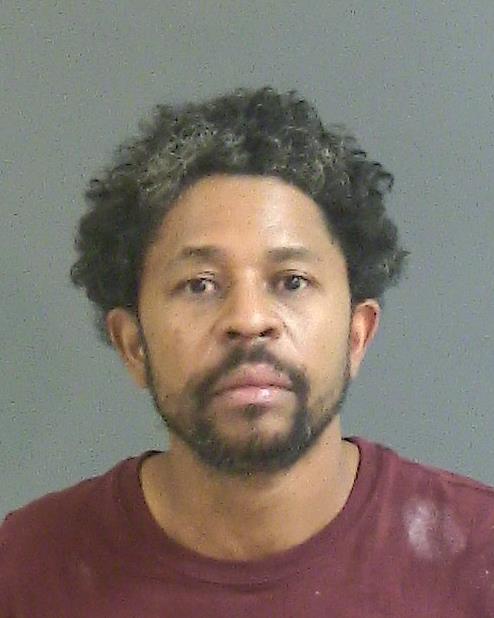Charleston's court system had a familiar visitor in November 2019. Curtis L. Brown, 42, was facing a charge of domestic violence in the second degree, adding to South Carolina's already daunting level of violence against women.
John C. Kenney, a local magistrate with a year of experience on the court, let Mr. Brown walk on his own recognizance despite the nature of his offense and several felony convictions dating back to 1999.
This isn't Mr. Brown's first time getting a second chance. Last June, he was taken to jail on different charges, highlighted by DUI and giving false or misleading information to police. Mr. Brown continued his criminal behavior with two additional arrests starting in March 2019 for PWID methamphetamine.
Mr. Brown has faced major drug charges throughout his two-decade criminal tenure. In 2012, he was arrested for and ultimately convicted on what was originally a controlled substance charge. And two years later he pleaded guilty to another drug charge that was also reduced.
South Carolina's Harrowing Domestic Violence Numbers
According to the Domestic Violence Advisory Committee, South Carolina is the fifth most likely state for women to be killed by men -- formally known as femicide. The state has registered a top 10 listing since 1996 when data first became available.
The South Carolina Law Enforcement Division (SLED) is an independent state law enforcement agency made up of several bureaus that are responsible for different forms of legal oversight. The agency's Criminal Justice Information Services branch publishes an official statewide report documenting crime across all counties.
In 2017, South Carolina's violent crime rate saw an uptick of 1.5 percent from 2015 to 2016. And it was reported elsewhere that South Carolina topped the national femicide rate four times between 2000 and 2015. Ninety-five percent of victims are killed by someone known to them.
Reform Lives On -- But It Doesn't Have To
Judge Kenney again fell short of the standard held by his position. He also harmed domestic violence survivors by failing to hold Mr. Brown accountable and systematically undermined America's core values as a result.
And central to it all is the Charleston Criminal Justice Coordinating Council. Since the group's formation, criminals -- convicted sex, drug and violent offenders -- have been entitled freedom en masse without paying for it.
And the results are alarming. As indicated above, violent crime increased around the time the CJCC broke ground. How -- in lieu of legislation to curb domestic violence -- can we justify policy initiatives that makes it easier for dangerous people to get out of jail?
Bail reform in Charleston and throughout South Carolina must come to an end for accountability and justice to be restored. Take a stand by signing our pledge with a growing list of supporters advocating for practical solutions to this current crisis.
Since you're here, remember to follow us on Twitter & Facebook to keep up with the latest crime trends and other news in Charleston. And as always -- thank you for being a loyal reader of Charleston Jail Watch.

